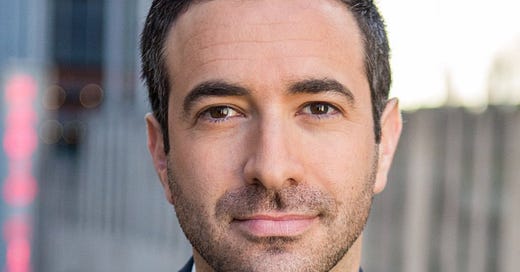Hi, Ari here — so why won’t more Americans get vaccinated? That’s my new piece below.
To sign up for my entire newsletter, or share this with anyone who might be interested, click here now:
Starving to death, or refusing to eat?
The best way to protect yourself from Covid is also the best way to help end the pandemic across society -- get vaccinated. That’…
Keep reading with a 7-day free trial
Subscribe to Ari Melber to keep reading this post and get 7 days of free access to the full post archives.



